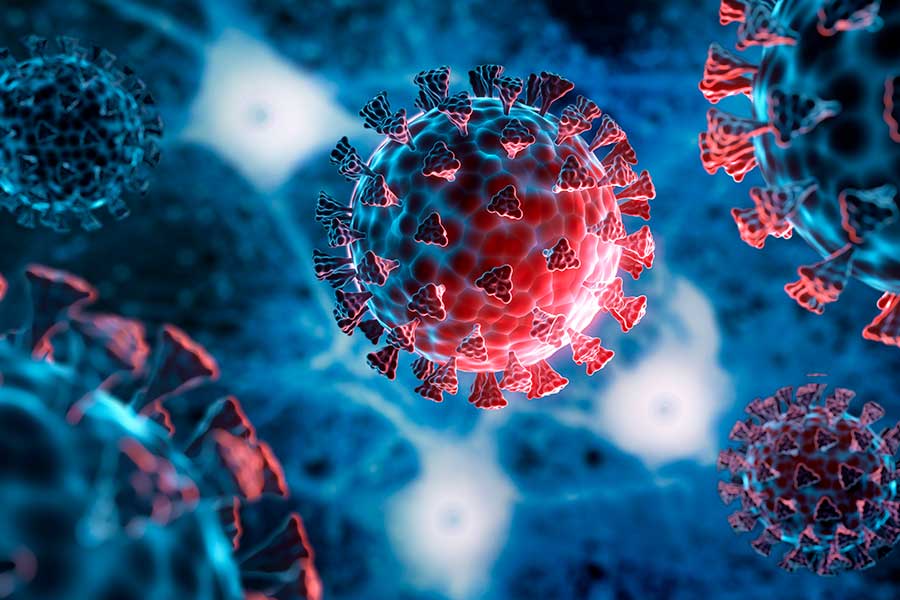OptionRx Blog
May is Mental Health Month
Mental illness impacts millions of adults each year. The National Alliance on Mental Illness (NAMI) works to shine a light on mental health during the month of May. Mental Health Month is a way to fight the stigma surrounding the disease and normalize discussions about it in our society. Consequently, there is an emphasis on providing support and education to the public. Advocacy is also highlighted to boost policies that support people with mental health conditions, their families, and their caregivers.
Together for Mental Health
The theme for National Mental Health Awareness Month in 2022 is “Together for Mental Health.” NAMI states on their website, "Together, we can realize our shared vision of a nation where anyone affected by mental illness can get the appropriate support and quality of care to live healthy, fulfilling lives."
The organization encourages people to share their stories about how they've experienced mental health issues by using the #Together4MH on social media. The idea is that others will be inspired by reading about other people's experiences to prioritize their own mental health. Explaining what being "Together for Mental Health" means to each of us can increase awareness and tear down stigmas associated with mental illness.
Mental Health Post-COVID
After more than two years of coping with the COVID-19 pandemic, many people experienced challenges related to their mental health. Negative feelings associated with isolation and anxiety seemed to become common during the height of the pandemic. Data from the Centers for Disease Control and Prevention indicated that one in four adults reported symptoms of anxiety or depression in February 2021. That was a significant increase from the year prior. Plus, access to treatment became another challenge to overcome when thinking about getting help.
Tips to manage your mental health prior to COVID-19 are still applicable when navigating strong emotions and mental issues post-COVID. Since we all cope with situations differently, customize your coping techniques based on what you need from day to day.
- Feel your feelings. It may seem overwhelming at first, but it can be beneficial to work through strong emotions.
- Develop health coping strategies. Figure out ways to relax and find rest. Eat healthy foods and engage in physical activity like walking. Try to keep yourself on a schedule to stay focused mentally.
- Intentionally disconnect from negative situations. For example, make a habit of turning off your access to news and social media. Refocus on the important people in your life to get a perspective on what truly matters.
Symptoms of Mental Illness
Mental illness refers to a wide range of issues. These types of disorders can impact your mood, thinking, behavior, and entire well-being. Severe mental illness can even result in physical symptoms if unaddressed.
Mental health concerns become an issue when the ongoing signs and symptoms experienced start to affect a person's ability to function in everyday life. Examples of mental illness could include depression, anxiety, eating disorders and addictive behaviors.
Some symptoms could include:
- Feeling sad
- Feeling confused
- Excessive worrying
- Mood changes
- Withdrawal
- Tiredness
- Low energy
- Sleeping issues
- Substance abuse issues
- Changes in appetite
- Excessive anger
- Violence
Help for Mental Illness is Available
If you or a loved one is experiencing a mental health issue, help is available. The Substance Abuse and Mental Health Services Administration (SAMHSA) runs a National Hotline that is free and confidential. It offers treatment referrals and information for people and families facing issues with mental health or substance abuse. Anyone who needs help can call 1-800-662-HELP (4357) 365 days a year, 24 hours a day.

What is Long Covid? A Guide to Symptoms and How to Cope
What is Long COVID? Do you think you are experiencing symptoms? Read through our guide and understand how the effects of the virus can linger for weeks or months even after the initial illness.